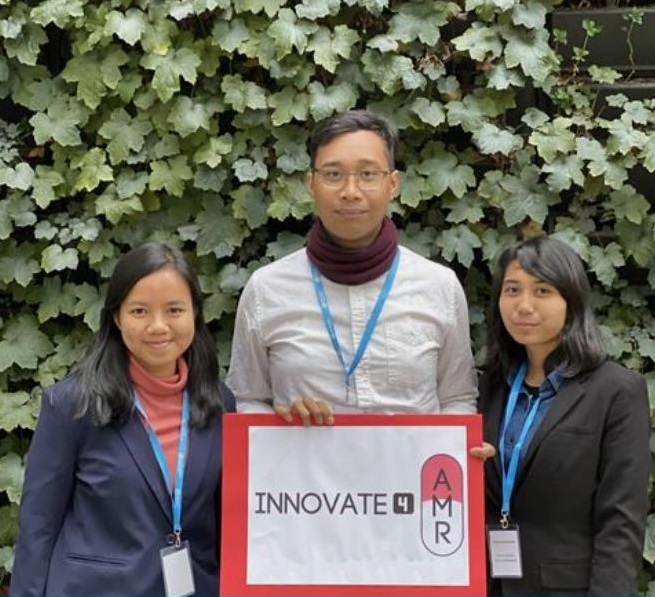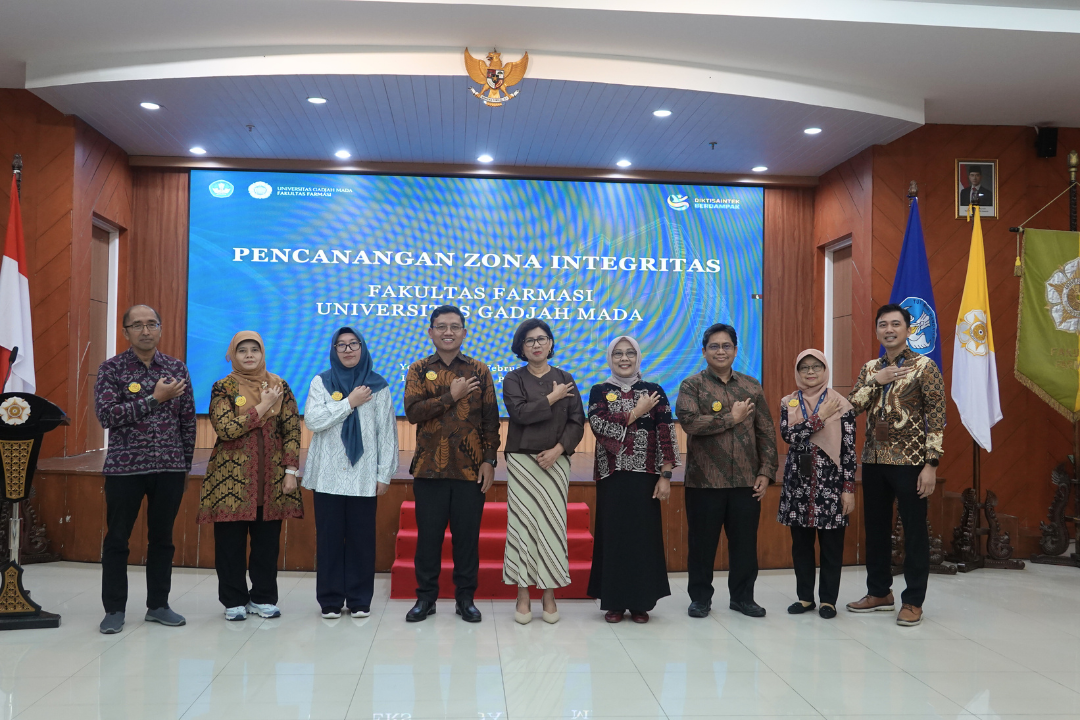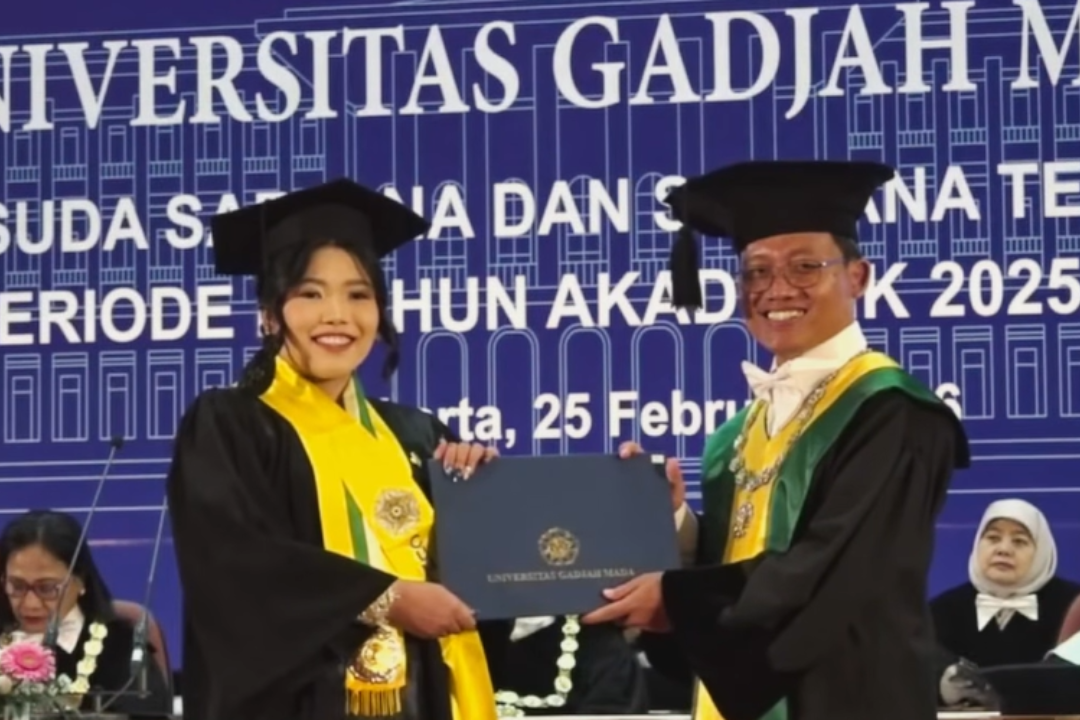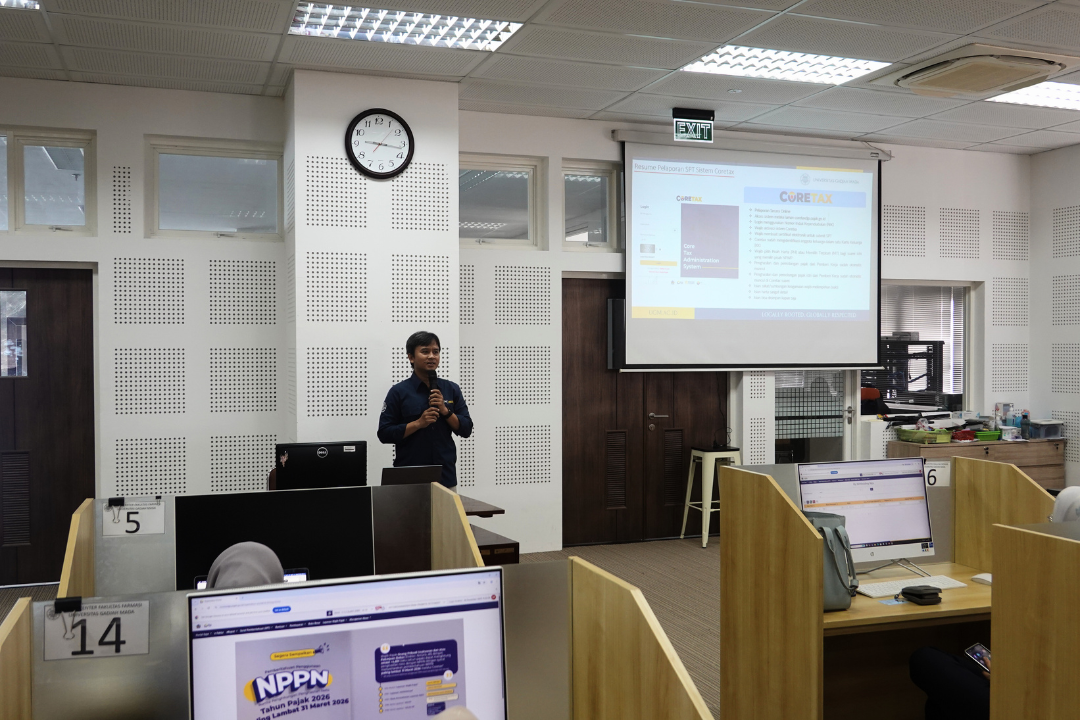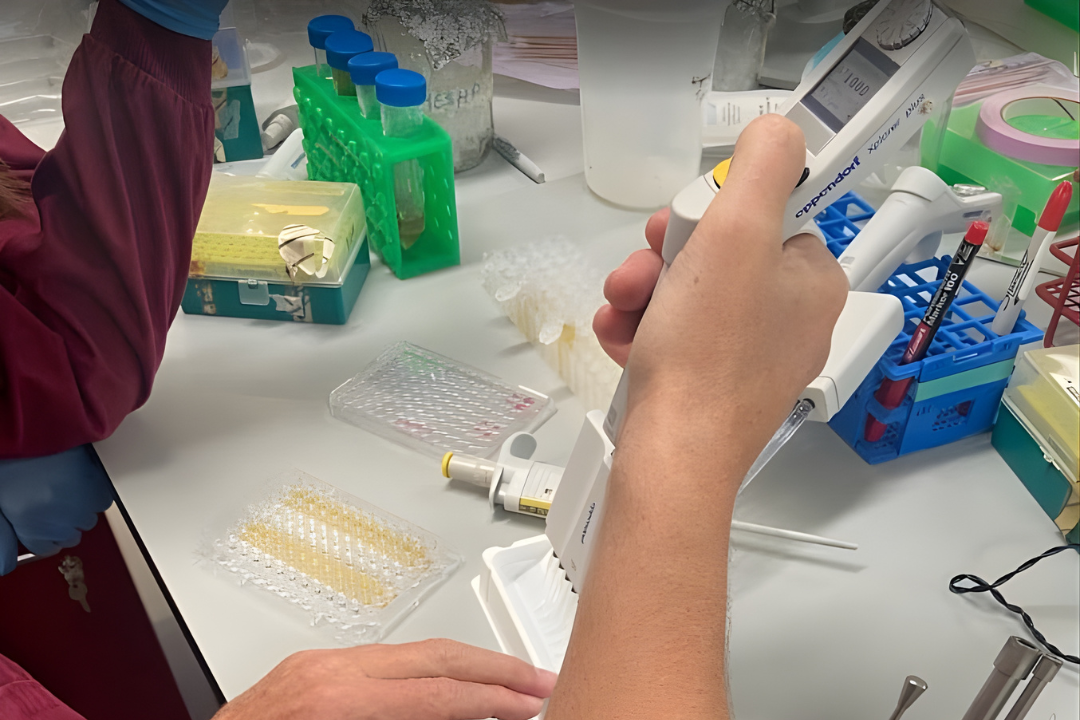Indonesia ranks fourth in terms of total population in the world with an estimated population of 258 million. In addition, the nation comprises of thousands of islands, therefore representing a complex geographic terrain. Given these settings, it is expected that the problem of AMR would emerge because of complex interactions between multisectoral drivers. The Indonesian National Action Plan on AMR (NAP-AMR) 2017-2019 adequately addresses AMR issues except it requires improvement on its integration between national committee and the local community.
That is why three pharmacy students Ris Heskiel Najogi Sitinjak, Luh Rai Maduretno Asvinigita, and Shinta Diva Ekananda supervised by Dr. Susi Ari Kristina, S.Farm., M.Kes., Apt., from Faculty of Pharmacy Universitas Gadjah Mada have joined forces to organize Student National Action on Antimicrobial Resistance (SNARE). SNARE introduces a cutting-edge, government-integrated scheme to resolve access and equity issues regarding AMR education and awareness in Indonesia. The program focuses on utilizing nationwide Indonesian universities mandatory community service which assigns students of health-related major to educate their respective community on AMR.
“Several Indonesian universities for years have implemented a mandatory community service called KKN which requires students to be deployed across rural areas in Indonesia and carry out programs to develop their respective community. The system in KKN is employed in SNARE with longer durations divided into several periods to ensure sustainability,” said Najogi, Team SNARE of Universitas Gadjah Mada, Indonesia.
Team SNARE is comprised of three pharmacy students with passions to advance AMR education in Indonesia. SNARE started its journey to life through its submission in the Innovate4AMR. With more than 1250 young health advocates signed up for the competition, SNARE competes in Innovate4AMR with 163 submissions from teams coming from 40 countries. After several rounds of judging, SNARE becomes one of the 10 winning teams selected to participate at the capacity-building workshop in Geneva supported by the World Health Organization and South Centre.
Team SNARE had the opportunity to present their proposals at the capacity-building workshop during World Antibiotic Awareness Week to an Expert Review Panel, including Karen Mah, Elizabeth Long, Kwame Boaitley, Dr Stephen Nurse-Findlay, Dr Barbara Tornimbene, and Dr Anand Balachandran. “As pharmacy students and future healthcare providers, Team SNARE is extremely concerned about AMR, and considers it as one of its main global priorities. Today with SNARE we aim to execute AMR education mainly through community service by the youth as a golden opportunity to instill a new mindset, given the scope of this activity is nationwide. In 2019, Indonesian government still lacks means of integrating the community service and National Action Project on AMR (NAP-AMR). SNARE is purposefully developed to address this issue by building a synchronized system connecting the two most vital elements in AMR education, specifically the program that is linked to health promotion and disease prevention,” said Asvinigita, Team SNARE of Universitas Gadjah Mada, Indonesia.
During the event, Team SNARE attended seminars and workshops on AMR, discussed with experts how to make strategic improvements to SNARE’s innovation, and received feedback on how best to operationalize SNARE project. Team SNARE aimed to be well-equipped to implement and develop SNARE once return to Indonesia. “We hope to encourage the youth to take on this challenge in empowering the community and thus bringing a nationwide impact on improving access and equity towards AMR education,” said Shinta, Team SNARE of Universitas Gadjah Mada, Indonesia. (Gita)

